
Press Freedom in Digital Era – Promises & Perils
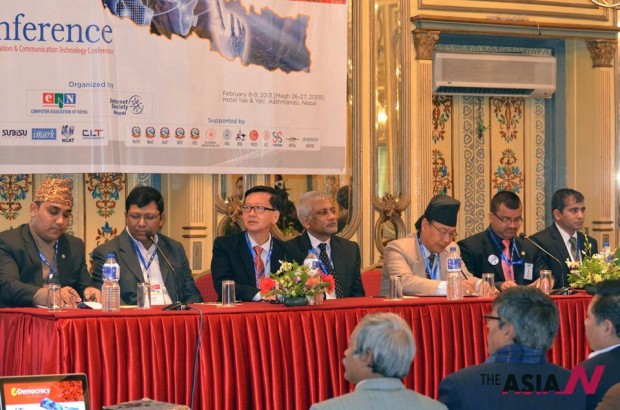
*Editor’s Note: Ivan Lim, President of Asia Journalist Association, gave keynote speech at the 13th ICT Conference in Kathmandu, Nepal on February 9. The conference was hosted by the Computer Association of Nepal and the Internet Society of Nepal in an attempt to promote “E-democracy in Nepal.” Participants include experts from Nepali parliaments, government, national and international NGO’s, and academia who work with information and communication technologies. In his speech, President Lim put an emphasis on the importance of netizens’ participation in changing the flatform of democratic practices. Following is Lim’s own writing based on his speech at the conference.
Boarding a city-bound subway train for a lunch appointment recently I met an old friend who told me he was going for an interview for the job of a security officer.
I was curious to find out what the job entails, especially whether he needs to know how to use a computer.
Not exactly, he said. He only need to know something about monitoring the CCTV, the new-age surveillance gadget we see everywhere nowadays — at train stations, on highways, at banks and ATMs and, of course, government offices.
Surveillance has become intrinsic to our life, especially in the aftermath of 9/11 and the London metro station bombings. For our own safety, it is something we are coming to accept as part of our life.
At the same, we are concerned over this brazen intrusion into our private space, bugged perhaps by visions of Big Brother portrayed in George Orwell’s 1984.
Yet it is the image of Jeremy Bentham’s Panopticon, the central tower of surveillance of inmates in a prison compound, that looms in discussions on Freedom and Control in the Digital Age.
It was the French philosopher Michel Foucault who noted that the pervasive impact of Bentham’s Panopticon mechanism of surveillance is such that inmates would feel they are under watch even if the guards are not to be seen or take a break. The inmates would be rendered such that their behaviour would always conform to what the guards want. This, in other words, is auto-regulation without the need for actual surveillance.
This is one model of control that some authoritarian governments have used to exercise power, even with the greater access that citizens now have to the Internet.
This kind of scenario put paid to the optimism that the Internet is empowering citizens to speak up and stand up for their rights, ushering in more democratic rule.
Instead, the Internet is becoming a place for tussles between the people who hanker for more freedom of expression and the governments wanting tight control over the flow of information to set their own agendas.
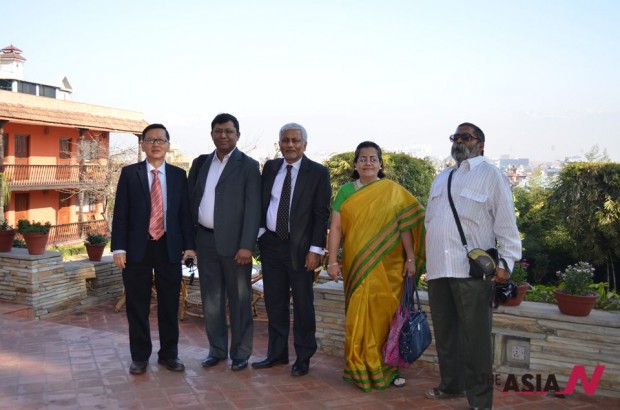
“Utopian fantasies like citizen empowerment and freedom…(has given way) to dystopian technocratic domination,” was how one analyst described it.
True, the Fourth Estate of newspapers and TV/radio has given way to a “Fifth Estate’ of blogs, Twitter, Facebook, Flickr and FriendFeed social media.
Figures tell the story of the changing media scene: In 2010 more than 1.9 billion people could go online out of a world population of 6.8 billion or 28.7per cent.
That the digital revolution is universal is reflected in the top 10 languages on the Internet: English, Chinese, Japanese, Spanish, Portuguese, German, Arabic, French, Russian and Korean. Therein lie both promise and peril.
For one, the Old Media is challenged for readership and advertisements.
And for scoops too! Credit is given to Twitter and other social media for alerting the world to crises in the making – from the Tunisian Uprising in 2011 that ignited the Arab Spring revolutions to the Fukushima earthquake and tsunami in 2012.
Enter the citizen journalists who resort to blogging to bypass the official censors and editors in reaching out to the audience.
Time magazines characterised the role of citizen journalists as “framing the new digital democracy”.
As game-changers, they give readers access to alternative news and views from that of the official media.
Online media have also enabled opposition parties and non-government organisations to articulate their stand on policies that governments have sought to restrict through tough regulations to control the media channels.
In many Asia countries, ending the state’s monopoly has proven to be pivotal for curbing authoritarian, thereby giving opposition parties a new lease of life in playing their part in democratic politics.
Operating outside official out-of-bound markers, citizen journalists have even embarked on crusades to expose abuse of power and corruption in high places.
However, as the saying goes, two can play a game. Confronting the online challenge, the powers-that-be have hit by imposing new laws and regulations to control the freer media and curb bloggers.
In recent weeks, a number of bloggers have come to grief at the hands of the authorities.
In Kuwait, a blogger has been sent to jail for allegedly Insulting the Emir.
In China, citizen journalist Zhu Ruifeng who exposed a Chongqing official having sex with an 18-year-old woman was hauled by police for questioning.
Pressure was put on him to quit his one-man campaign against corruption via his wife who works for the military. He refused and instead divorced his wife.
In Singapore, prominent blogger Alex Au was served a lawyer’s letter by the Prime Minister to remove “defamatory allegations” in his posts about a controversial sale of computer soft by the ruling People’s Action Party-run town council. He was also to apologise within three days, failing which legal action would be taken against him. Alex complied with both demands.
In these instances, the state is seen as acting against individual bloggers. The Chinese calls this tactic “Squeezing the neck of the chicken to scare off the monkeys.”
Interestingly, this may well create a Panopticon effect in that journalists, online or offline, learn to stay clear of offending the authorities.
The moral of the story is that citizen journalists face perils or occupational pitfalls as their professional counterparts in the mainstream media.
And that they need to be on guard and observe the professional journalists’ code of conduct, if only to stay within the bounds of legal propriety.
Then, no birds-eye-view surveillance by Big Brother should ever shake them at their posts.
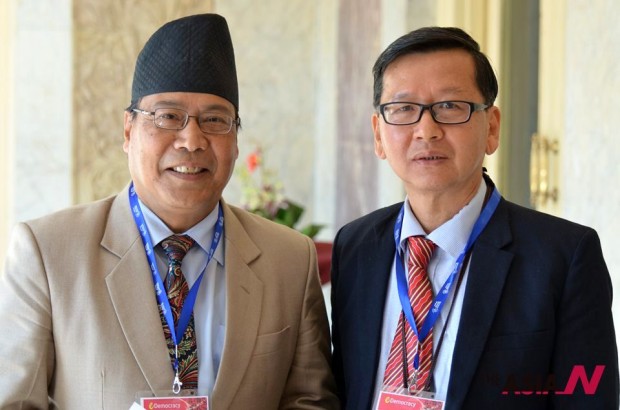



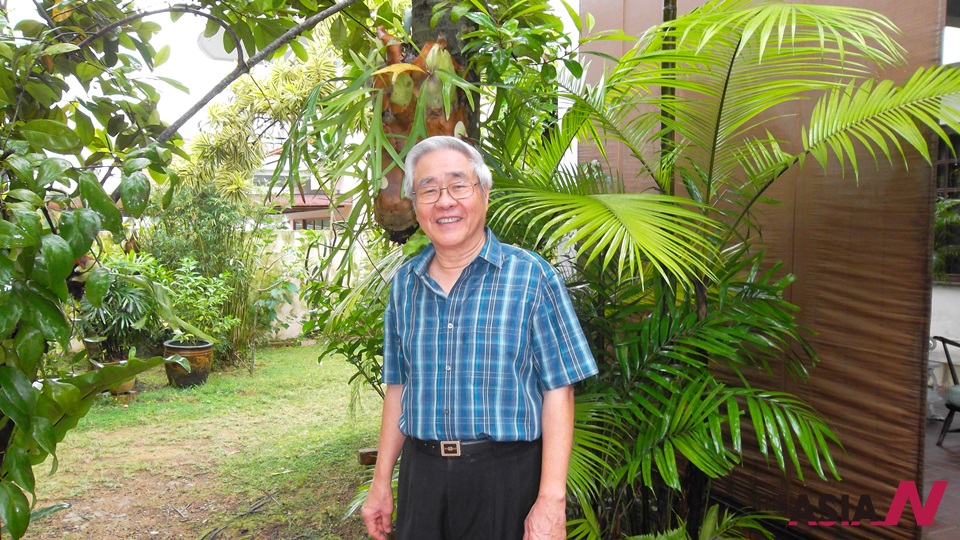
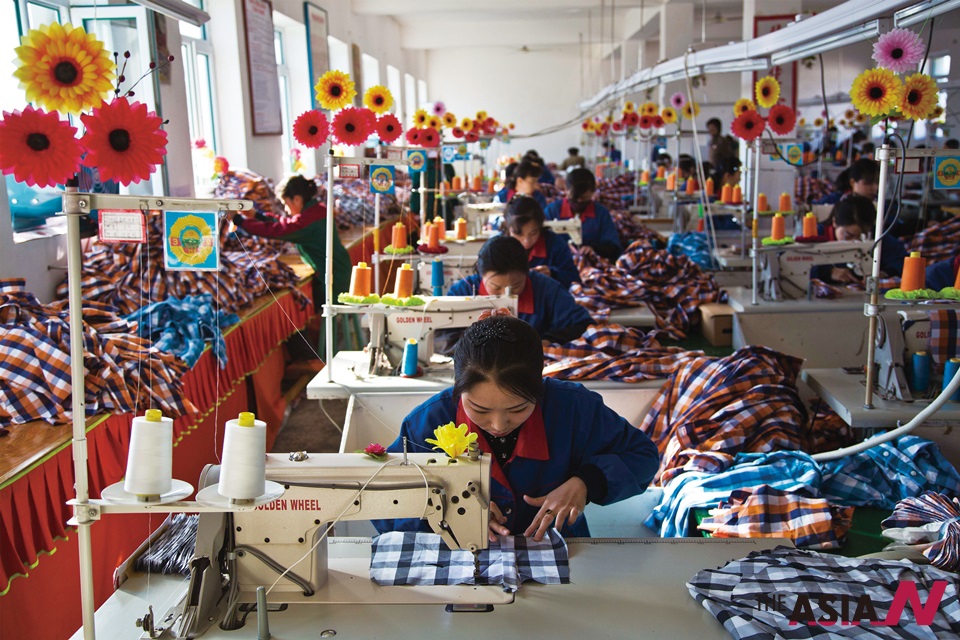

2 comments